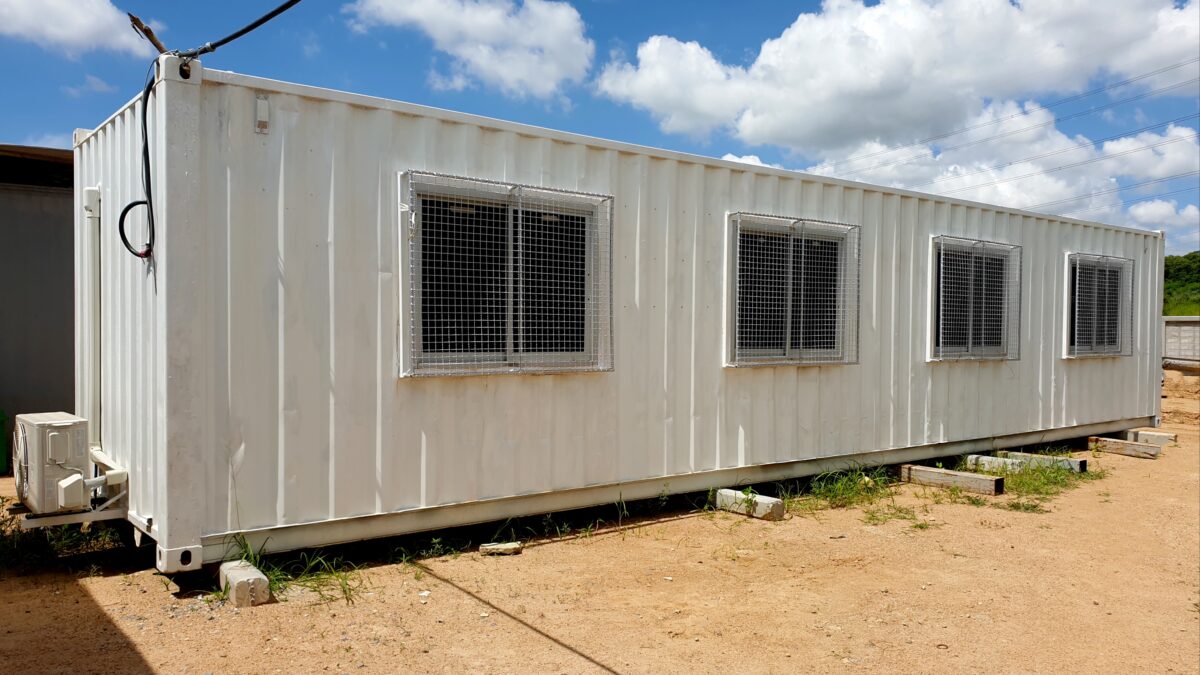Running a business isn’t easy. No matter what industry you’re in, there are many considerations when it comes to assessing costs and allocating resources. This is why it’s critical for businesses to have objective data to back up major decisions and understand why they are investing where they are. Here are the three areas that organizations should review to optimize their business operations.
People
The most important asset of any business is its people. In fact, employees make up an estimated 90 percent of expenses for the average business. With millennials and Generation Z now entering the workforce, organizations are adjusting to cater to their workplace expectations.
Recent studies indicate that an estimated 79 percent of current employees prefer a better work environment to a higher paycheck. This makes workplace setup critical for attracting and retaining employees in this age group. For example, the current workforce tends to favor open and collaborative workstations versus traditional closed units, giving them the freedom to move throughout the day and work where they’re most comfortable. Understanding what employees are looking for will boost job satisfaction and morale, leading to happier and more productive employees.
Furniture, Fixtures and Equipment
In addition employee preferences, businesses can maximize efficiencies by recognizing how workers operate within a space. The average modern workplace only utilizes 50 percent of its available space. That means any unused area – including furniture, fixtures and equipment (FF&E) – can be a significant and unnecessary expense to a business.
Rather than simply observing how workers use an existing setup, many businesses now rely on IoT platforms. These systems collect data on space utilization to provide objective insights for how employees work. With results that show the areas that have the most activity, which furniture is being used and when, and even how employees work across departments, businesses can make the most of their FF&E, allocating resources towards what’s important for their future work environment.
Commercial Real Estate Assets
These IoT platforms are also necessary for making informed decisions, and avoiding human error regarding commercial assets – the second-largest expense for most businesses. As needs change, many businesses will either expand or downsize these assets at some point. However, making significant location changes without objective data to back up decisions can result in major financial losses.
With data that interprets patterns of workplace operations, businesses can see the true occupancy of their space and make data-based decisions about how much square footage they actually need to run their business efficiently. With approximately $2.1 trillion lost last year in failed corporate change initiatives, it’s not worth the risk to guess and check.
Making Informed Decisions
When it comes down to it, making informed decisions is the best way to avoid unnecessary spending and to optimize operations. The modern workplace is becoming a smart workplace, with new IoT platforms, such as Tapdn™. These systems use sensors to harness and analyze real-time data, providing a clear indication of how to best allocate resources moving forward. With these insights, businesses can have confidence when making significant decisions regarding the type of workplace environment they need.






